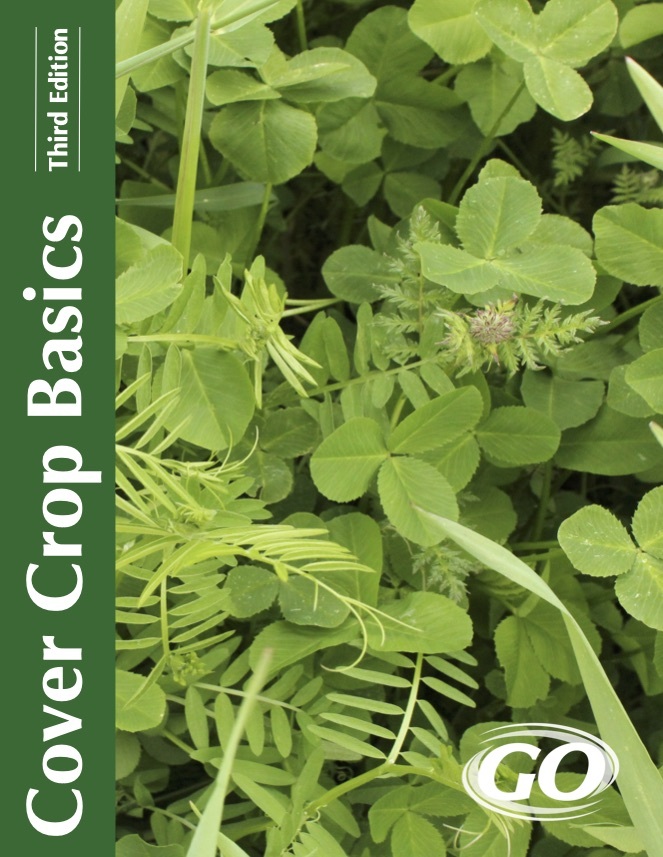Climate extremes pose a global threat to crop security. Conservation agriculture is expected to offer substantial climate adaptation benefits. However, synergistic effects of conservation practices on yield during normal versus extreme climates and underlying regulatory mechanisms remain elusive. Here, we analyze 29-years of climate data, cotton (Gossypium hirsutum L.) yield, and soil data under 32 management practices in Tennessee, USA. We find that long-term no-tillage enhanced agroecosystem resilience and yield stability under climate extremes and maximized yield under favorable climate. We demonstrate that no-tillage benefits are tied with enhanced soil structural stability and organic carbon. No-tillage enhanced the effectiveness of legume cover crop in stabilizing cotton yield during relatively dry or wet, and dry years, while nitrogen fertilizer rate and precipitation timing, controlled yield stability in wetter years. Our findings provide evidence-based insights into how management strategies can enhance agroecosystem resilience and production stability in climate extremes.


